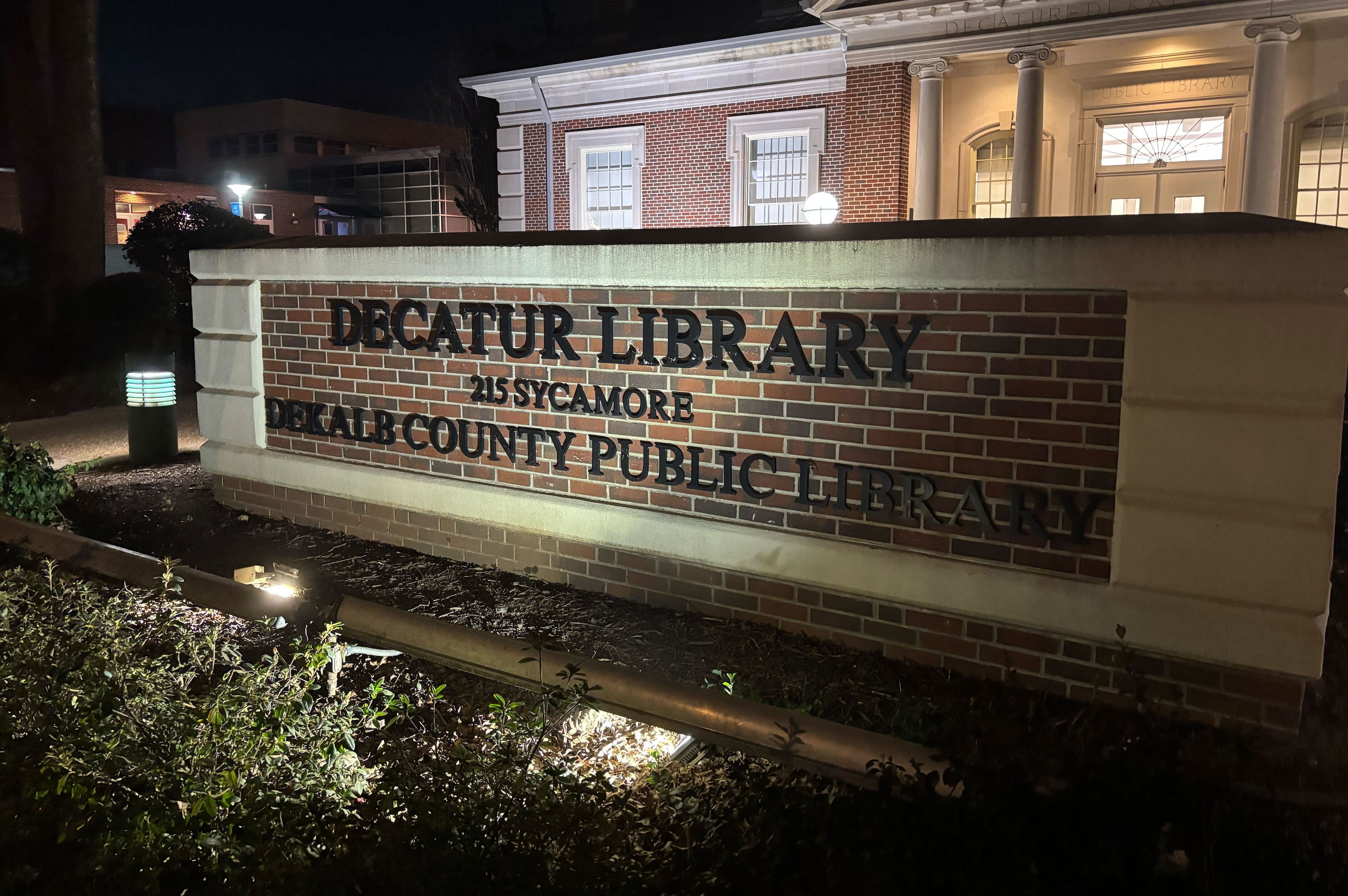Metro Atlanta housing market gets chilly, especially for first-timers

As the weather grew colder in October, the metro Atlanta housing market also settled into a deeper chill.
There were 4.207 homes sold last month in the dozen counties centered on the city of Atlanta, down 7.4% from the 4,545 sold in September and down 14.0% from the 4,892 sold the same month a year ago, according to a report released Tuesday by Georgia Multiple Listing Services.
The market typically peaks in mid-summer as many families scramble to buy homes in desirable locations before the new school year begins, then slows through fall and into winter.
But the retreat this time has been rapid.
“The seasonal slowdown is more pronounced that in the past,” said John Ryan, chief marketing officer for Georgia MLS. “Interest rates are really playing a big part of the overall real estate market.”
The average rate for a 30-year mortgage last week was 7.76%, the highest it has been since the fall of 2000, according to Freddie Mac, the huge company that buys mortgages in the secondary markets.
It is an ascent that has been startling.
At the start of autumn two years ago, the rate was below 3%. But as the economy rebounded from its pandemic woes, inflation soared and the Federal Reserve launched a campaign to tame it by hiking short-term rates.
Those increases do not directly move mortgage rates, but they affect the cost of borrowing money across the economy. As a result, mortgage rates typically echo the Fed changes, and while inflation has fallen, the Fed hasn’t yet declared victory and rates remain high.
Both sides of the market equation have taken a hit.
Demand has dipped because higher rates make monthly payments more expensive, which effectively cuts buyers’ purchasing power.
“I’ve had several first-time buyers decide to rent or stay with family members for another year,” said realtor Lisa Harris of Re/Max Center in Braselton. “It is very frustrating for first-time buyers.”
But supply, too, has been discouraged.
The vast majority of current homeowners purchased when rates were far lower than they are now. So, someone in their first home who decides to “move up” to something bigger or nicer can expect to get slammed with a much higher mortgage rate when they buy another home.
“The first move-up buyer is hesitant to move because so many of them already have a mortgage rate at 4% or lower,” said Shirley Gary, an associate broker with Ansley Christie’s. “So, they are more inclined to stay put, add-on or remodel rather than sell.”
Yet the impact of rates does not change the fundamental, long-term problem: Not enough housing, said John Hunt, principal with MarketNsight, Atlanta-based company that tracks real estate market throughout the Southeast.
After collapse of the housing bubble and the recession of 2007-09, metro Atlanta saw nearly no new housing built for years. When construction did start, it was far outpaced by population and job growth, Hunt said.
“There is still not enough supply for the demand we have,” he said. “Atlanta needs 46,000 units. That is not opinion, that is math.”
If the market were balanced, with buyers and sellers holding roughly equal bargaining power, there would be few bidding wars propelling prices higher, but also little need for sellers to severely chop their asking prices.
In a balanced market, experts say the number of homes listed for sale amounts to about six months of sales. Currently, listings amount to less than three months of sales, giving sellers the advantage.
The double-digit price increases and sometimes frantic bidding of a year ago are gone, but even under the weight of high interest rates, the median price of a home sold last month in the 12-county Atlanta area rose to $399,900, up 5.2% from a year ago.
Finding modest-priced homes has been getting harder the past few years anyway and higher rates are tilting the market even further from affordability.
Yet, given time, the market can be resilient.
The average 30-year mortgage rate reached an all-time high of 18.63% in 1981, but it was 10% or higher nearly continually between late 1978 and late 1990. Each time rates spiked, sales plummeted, but then steadied and recovered.
If rates stay relatively elevated for a long time, some people simply won’t buy a home, but many will eventually find a way, going for smaller homes, condos, less popular locations or creative financing, said Kristen Jones, broker at Re/Max Around Atlanta.
“As we look ahead to 2024, we expect to see buyers move away from the traditional 30-year mortgage and begin to embrace alternative mortgage products to make housing more affordable,” she said.
Metro Atlanta housing market*, year over year
Sales: 4,207 (down 14.0%)
Median Price: $399,900 (up 5.2%)
Listings: 12,348 (down 8.3%)
Average 30-year mortgage rate
Recent: 7.76%
Year ago: 6.95%
Two years ago: 3.09%
Three years ago: 2.78%
Fifty-year high: 18.63% (1982)
Pre-pandemic low: 3.35% (2013)
*Using 12-county area centered on the city of Atlanta
Sources: Freddie Mac, Federal Reserve Bank of St. Louis, Georgia Multiple Listing Services


